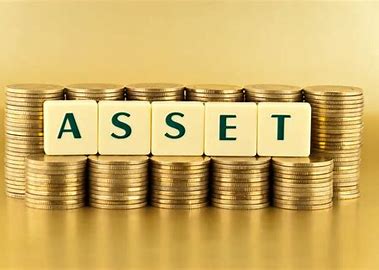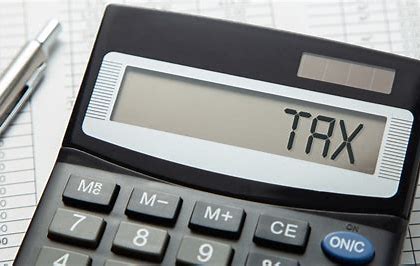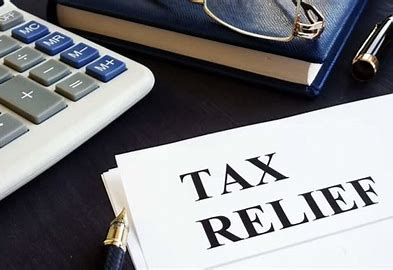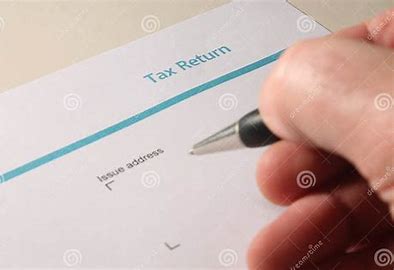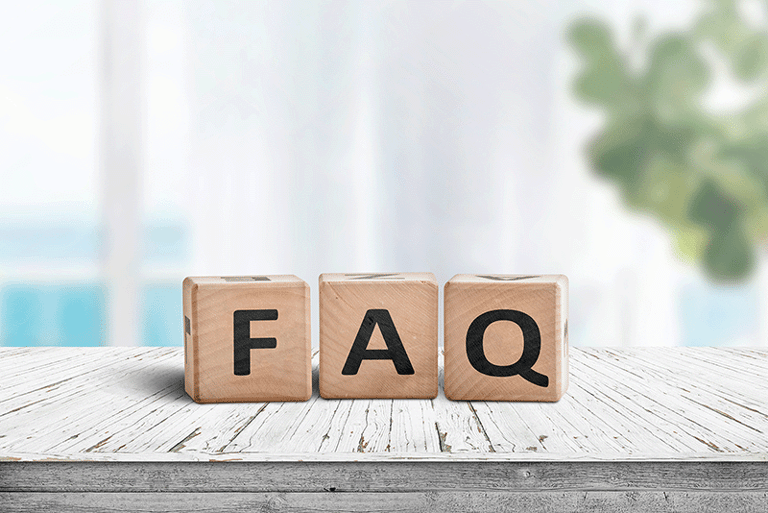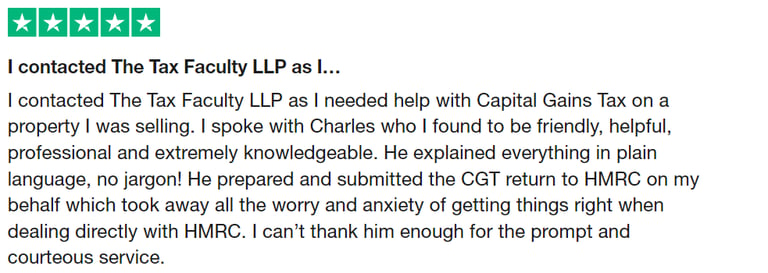Call: 0800 0016 878 - Email: info@capitalgainstax.co.uk
Managing Capital Gains Tax on inherited assets is an important part of protecting the value of your inheritance. By understanding the rates, available reliefs, and planning strategies, you can reduce the tax burden and keep more of what’s yours. Get in touch with The Tax Faculty today for professional guidance and tailored advice to help you navigate your Capital Gains Tax obligations effectively.
If you require assistance with you CGT circumstances, please feel free to contact us on info@capitalgainstax.co.uk or call us free on 0800 0016 878 for a free initial consultation.
You can also complete the form below and one of our team will get back to you as soon as possible.
Get in touch
Tax Troubles? We're here to help
We can solve your Capital Gains Tax problems, with ex-senior expert HMRC inspectors here to help to take the stress away from your tax worries.
We do everything for you, including filing returns and giving advice that may help to reduce the amount of tax that you owe.
Our guarantee to you - You will pay the lowest amount of tax possible, while complying with the law.
Contact us free on 0800 0016 878, email info@capitalgainstax.co.uk or fill in our handy form and on of our experts will get back to you as soon as possible.
Phone



